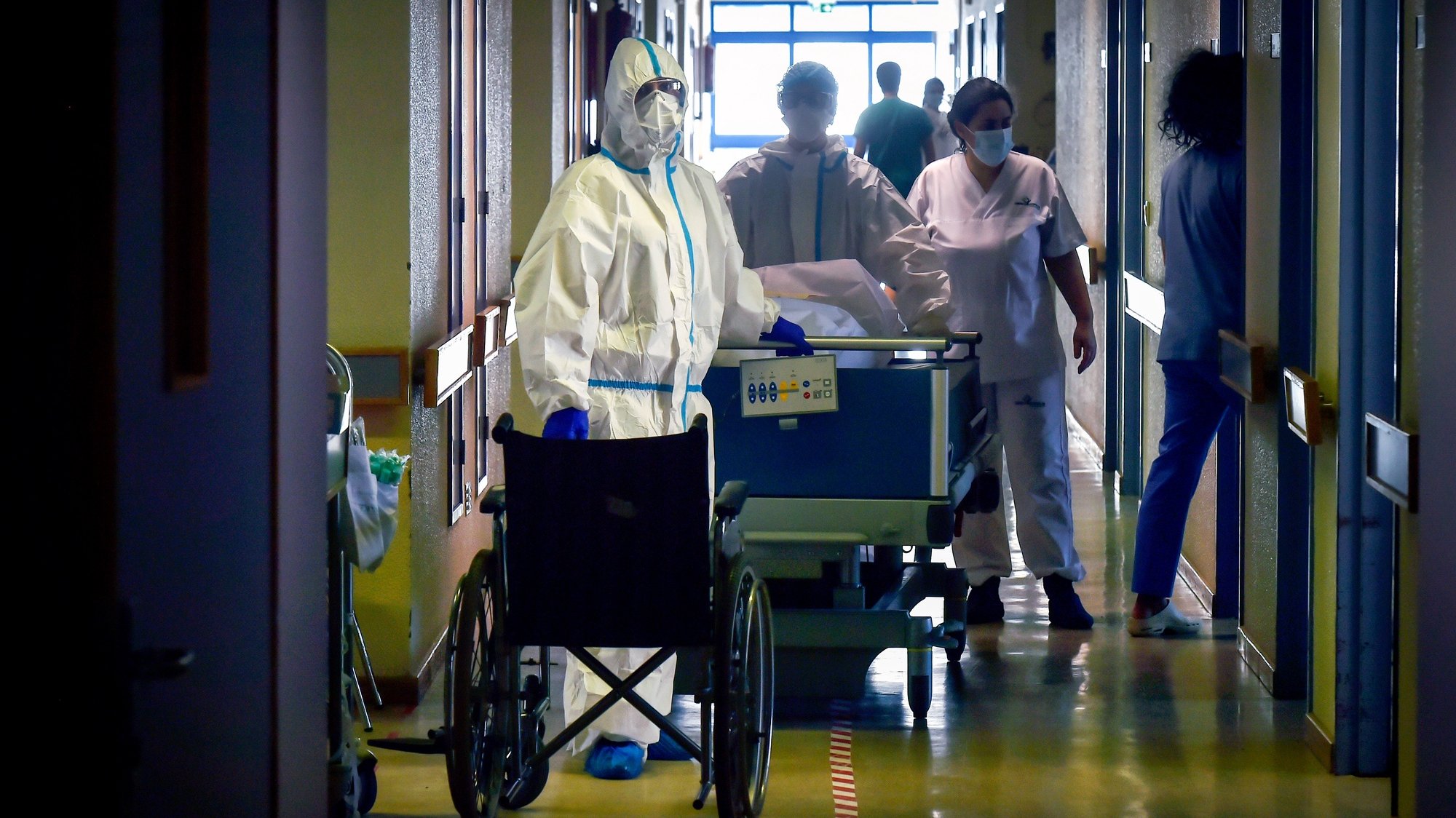The president of the European Association of Perinatal Medicine defended this Friday that Portugal should make a “rigorous evaluation” of maternal mortality, in addition to the numbers, with a group of people who would analyze the situations case by case, based in the DGS.
We should have a rigorous evaluation of maternal mortality that does not stop at information systems. This implies having a group of people who evaluate the cases and that must be based in the General Directorate of Health,” said Diogo Ayres de Campos.
The expert recalled that there are European countries that carry out confidential investigations into maternal deaths and added: “Why are these confidential consultations more important? Because, in addition to evaluating the causes, allow us to assess whether or not that death would be preventable.confidentially, so that the institutions can learn from it, so that it doesn’t happen again.
Diogo Ayres de Campos, who was recently appointed to chair the emergency response monitoring commission in gynecology, obstetrics and the delivery block, was speaking in the parliamentary health commission, where he was heard, at the request of the Left Bloc, on data from Maternal mortality in Portugal.
Questioned by the deputies, he replied that the country needs a maternal and perinatal care strategy, recalling that this issue was relevant in the late 1980s and early 1990s, when there was a “great improvement in indicators.”
“But after no one else called this. They believed that a reform of obstetric and perinatal health care was enough for the indicators to improve again.
“This strategy is necessary (…), to organize obstetric and perinatal care, since they have great implications for the population,” he added.
Initially questioned by the deputy Catarina Martins (BE) about the causes behind the increase in maternal mortality in Portugal, whose rate rose in 2020 to 20.1 deaths per 110 thousand births, the highest level in the last 38 years, the The specialist raised several hypotheses, but always stressed that the evaluation must be done on a case-by-case basis.
“Maternal mortality must be investigated on a case-by-case basis (…) since it is only considered when it occurs during pregnancy or in the following six weeks. [ao parto] and that it has a cause during pregnancy or a cause aggravated by pregnancy,” he said, stressing: “This implies an in-depth study, case by case, and that is why the data appear late.”
“We have to be sure that these numbers are really for maternal mortality,” he said.
The expert said that for many years the the maternal mortality rate was very lowbut he recalled that “there was only one in-depth evaluation of the causes in 2009.”
“Then, in 2018 or 2019, the DGS made a new evaluation,” said the official, adding that he did not have access to the final report of that evaluation, and insisted: “we should have an annual evaluation of the causes of maternal maternity.” . death, but we have been limited in relation to that assessment.”
“When there is an increase in cases, you have to see whether or not it is a sporadic situation,” he added.
Confronted by PSD deputy Ricardo Barista Leite about some statements he made earlier, namely, about the degradation of obstetrics and gynecology services and planning flaws, the specialist admitted that degradation, as well as the lack of strategy.
“When we have a hospital, no matter how small, that has three specialist doctors and all of them over 60 years of age, I cannot say another word that is not degradation,” said Ayres de Campos, stressing that “the situation is not limited to a or two, but extended to several hospitals”.
“There has been enormous difficulty retaining obstetrics and gynecology specialists, not only because of competition from the private sector. And something has to be done. That strategy has to exist,” he insisted.
He recognized the importance of organizing the hospital referral network, highlighting the need for a “wider consensus” on this issue.
Regarding the reorganization of emergency care, he said that in some situations there are pregnant women who go to the emergency room and that they could have a better response in primary health care or even in a hospital consultation that is not operating 24 hours a day, giving the example of “open consultations during office hours”.
Source: Observadora
